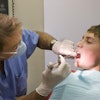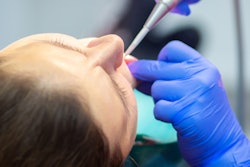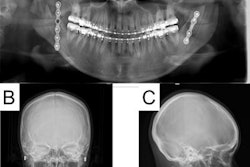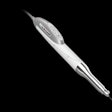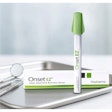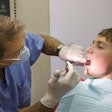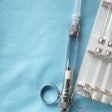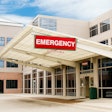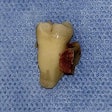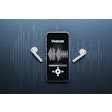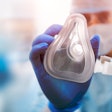Dear Anesthesia & Pain Management Insider,
Researchers from Scotland found a significant drop in dental care visits after children in the U.K. underwent general anesthesia for dental procedures in a recent study published in the European Archives of Paediatric Dentistry.
While 85% of children in the study had a dental exam in the 12 months before their dental general anesthesia appointment, only 58% had an appointment the following year. The results suggest that children who undergo general anesthesia for a dental procedure may not be likely to return for additional care. Read more in this edition's Insider Exclusive.
In other news, did you know implementing point-of-care pregnancy testing before dental procedures that involve the use of intravenous sedation could help manage practice risk? Researchers reviewed the feasibility of implementing preprocedure pregnancy testing at an outpatient oral and maxillofacial clinic in New York City. The cost of the program was $70.40 per pregnancy identified, and it limited the liability of surgeons, according to the group.
Also new in our Anesthesia & Pain Management Community, pharmacologist Tom Viola recently discussed why everybody loves lidocaine and whether this anesthetic agent should be held in such high regard. Watch the latest episode of Dental Dose.
Did you know the delegates of the American Association of Oral and Maxillofacial Surgeons may adopt new rules for in-office anesthesia in the fall? The proposed resolutions, which would require members to participate in simulation training every five years, were developed in response to long-term criticism of the oral-maxillofacial surgery anesthesia model, according to a short communication published in the Journal of Oral and Maxillofacial Surgery.
On a positive note, a woman in Japan can once again feel pain and temperature in her mouth thanks to the immediate repair of her alveolar nerve, which was damaged during jaw surgery. The authors of the case report believe it's the first to evaluate neurosensory disturbance after immediate repair of this severed dental nerve using a polyglycolic acid sheet and stellate ganglion block.
Finally, overdose risk is nearly three times higher for patients who fill opioid prescriptions after undergoing dental procedures, according to a recent study. Also, the risk of overdosing may double for family members of those dental patients, strengthening the case that opioids should not be prescribed for most dental pain.




